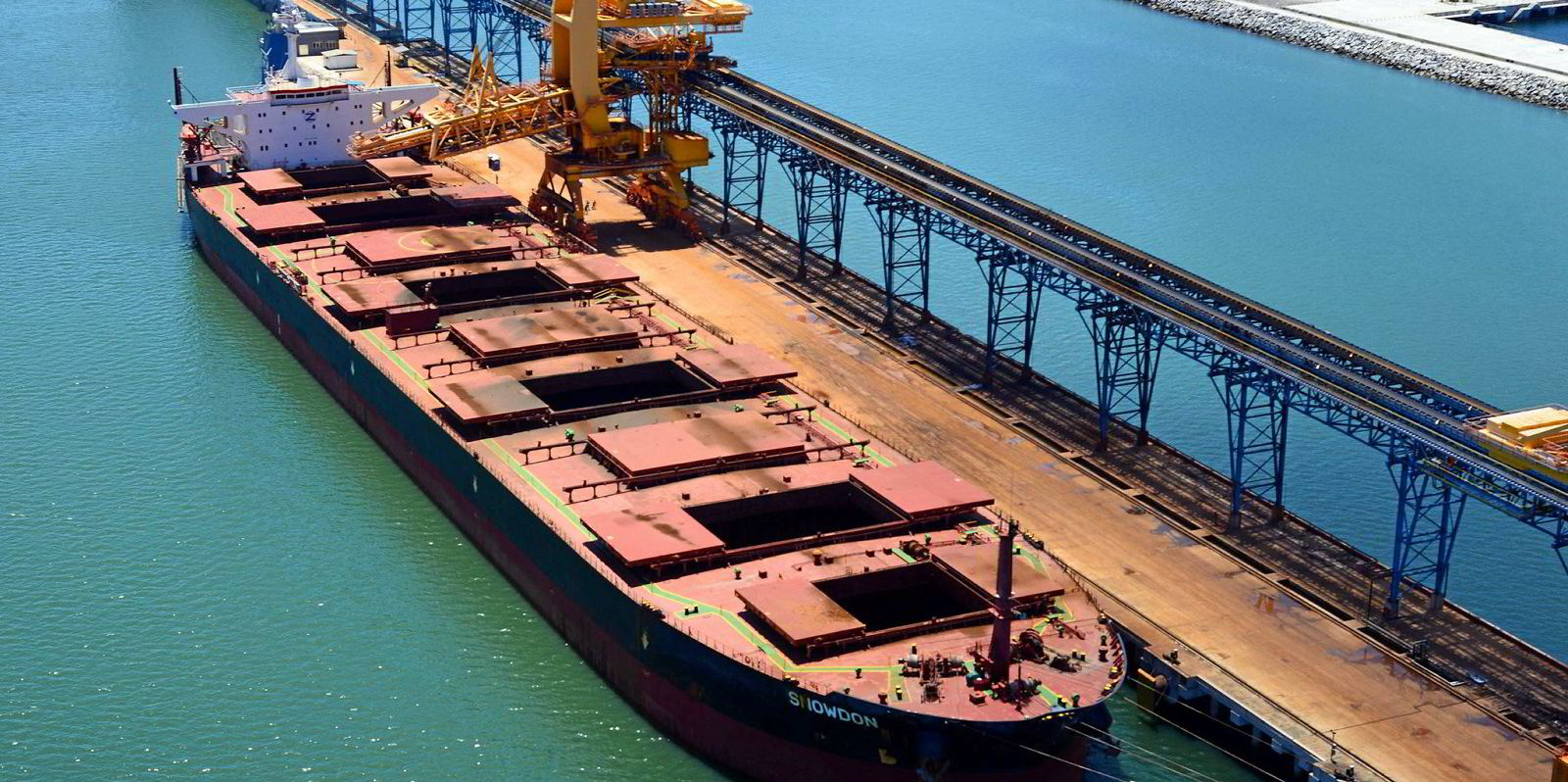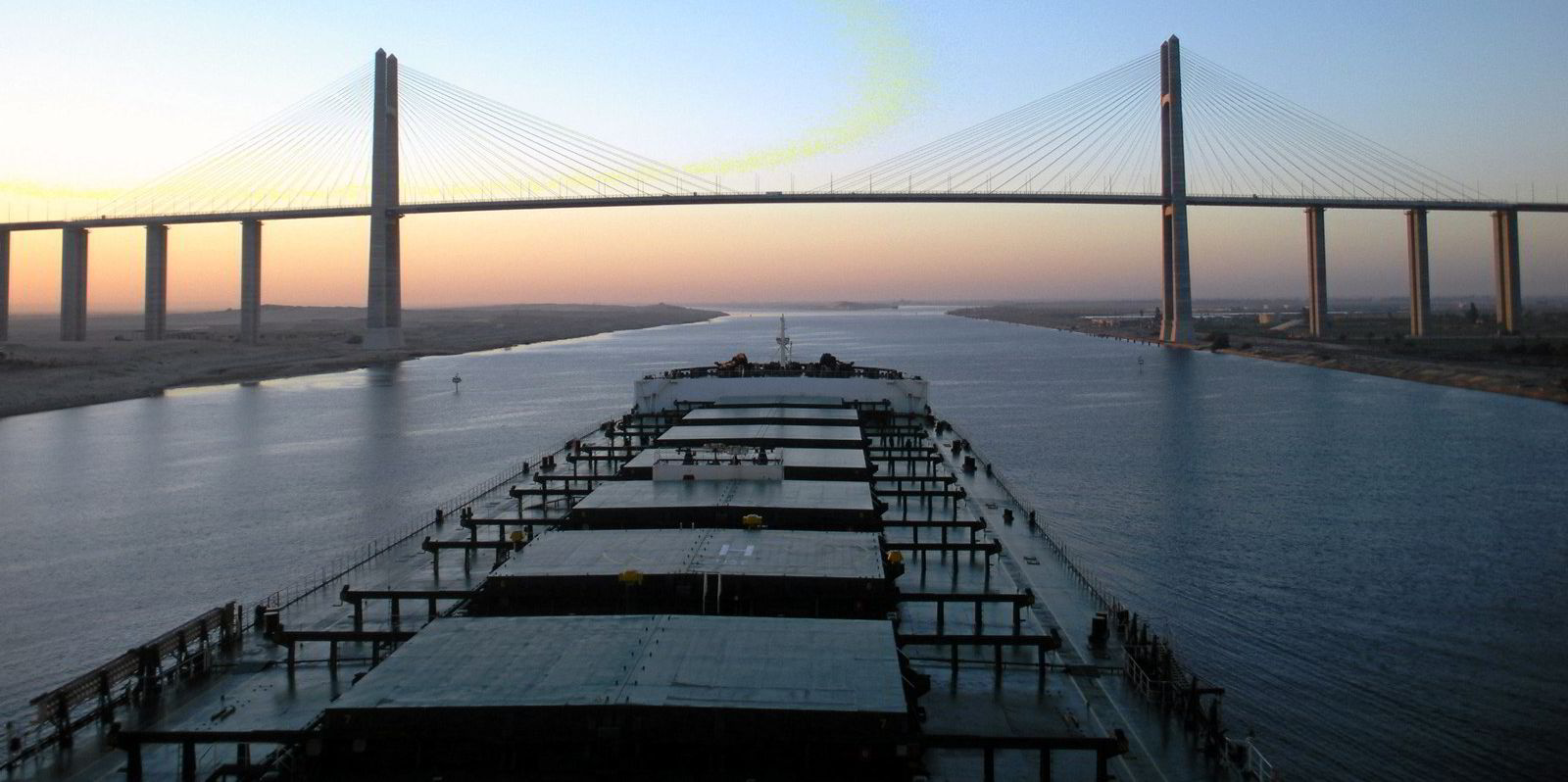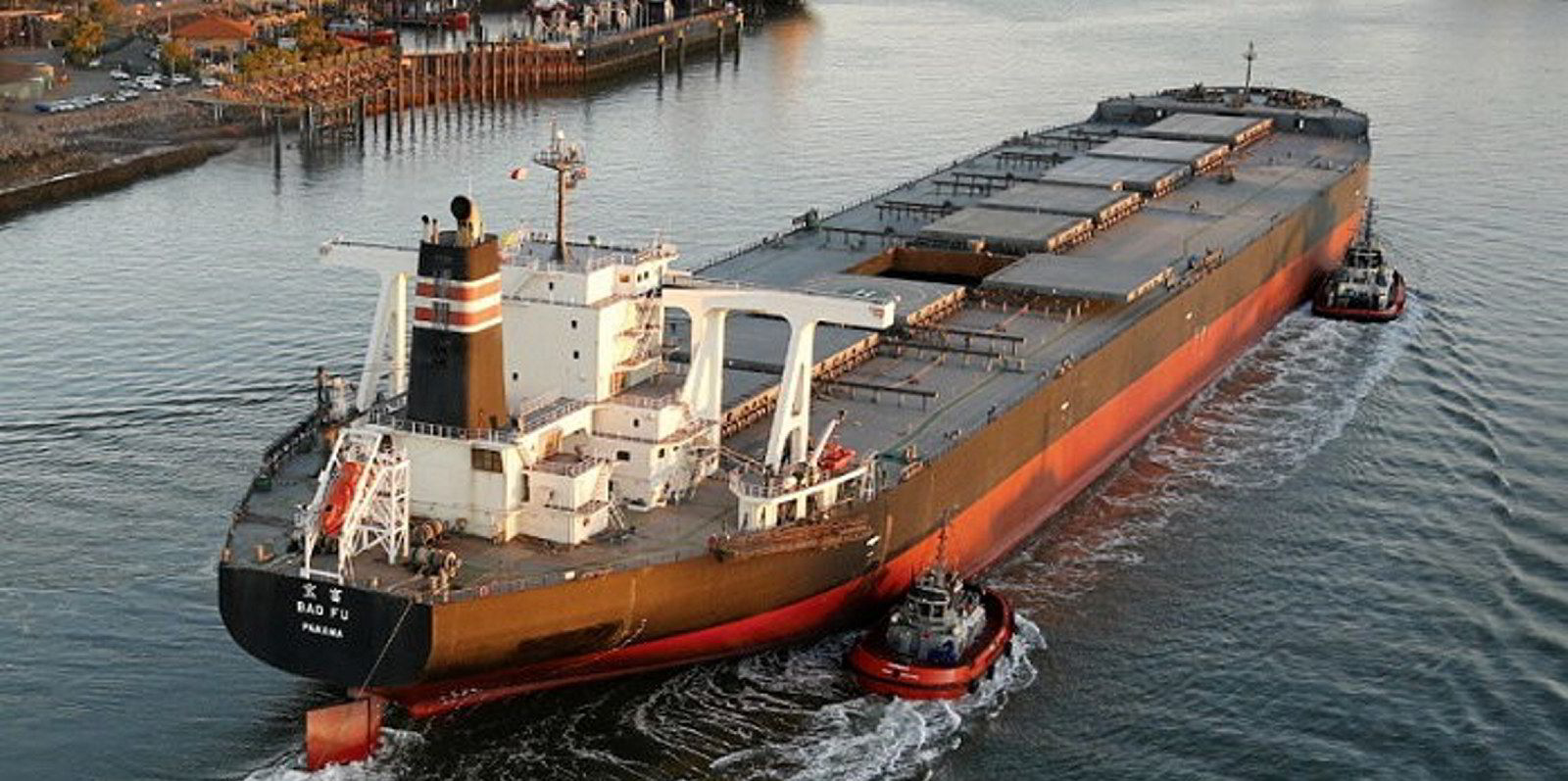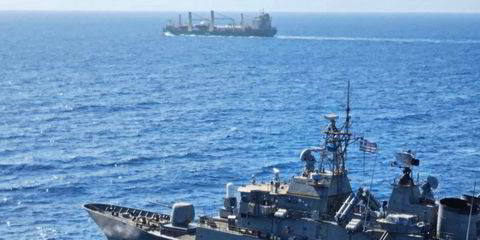The capesize bulker sector has taken a tumble over the past two days amid jitters concerning China and Brazil.
The capesize 5TC, a spot-rate average weighted across five key routes, declined 9.5% on Wednesday to $25,406 per day after falling 9.8% on Tuesday.
The average spot rate for the benchmark China-Japan transpacific roundtrip voyage put the most downward pressure on the capesize rates, as it plummeted 28% over the past two days to $23,596 per day.

"The capes took a bit of a beating over the last few weeks," Nick Ristic, lead dry bulk analyst for Braemar ACM Shipbroking, told TradeWinds.
"It seems like some of the risks we were pointing out such as heavy steel cuts in China and lower iron ore output from Brazil have indeed hit rates, and the Atlantic, in particular, is looking oversupplied."
On Wednesday, the Baltic Exchange showed five fresh capesize fixtures to carry iron ore.
Rio Tinto booked an unnamed capesize bulker on Wedneday for a voyage from Western Australia to China at $10.50 per tonne of ore.
That's lower than the $11.15 per tonne that the same Anglo-Australian mining giant paid a day earlier for the same route on Centrofin Management's 177,000-dwt Smyrna (built 2008), according to data from the exchange.
Ristic said Braemar was hoping to see more coal come out of the US but it seems as if the country's energy shortage has prompted internal use of that commodity.
A floor, hopefully
But the relatively high bulker congestion off China's ports should keep spot rates from going into an abyss, he said.
"Although we are drifting lower, I believe that we will find a floor that is relatively strong for the end-Q4/Q1 period," he said, referring to the fourth quarter of this year and second quarter of next year.
Tuesday's decline in the paper market also weighed heavily on capesize spot rates, according to John Kartsonas, founder of asset-management advisory firm Breakwave Advisors.
"I think after yesterday’s bloodbath in FFAs [forward freight agreement rates], today’s drop was expected," he told TradeWinds.
November contracts rate slipped 4.5% to $27,393 per day on Tuesday, while December's figure declined 10% to $20,589 per day, according to Baltic Exchange data. January contracts dropped 9.5% to $15,96 per day.
But paper market improved on Wednesday, showing slight gains for the aforementioned months.
December FFA contracts showed the most improvement with a 9.8% leap to $24,629 per day.
Kartsonas is optimistic about the capesize sector despite Tuesday's downturn in the paper market, especially with winter on its way.
"One has to remember that coal is a major force in dry bulk, and we believe the winter weather will play a key role this year as it relates to coal demand and port congestion," he said.
China isn't helping
Concerns over China's economy and its building sector are hurting capesize rates but they are still quite high compared to a year ago, said Rebecca Galanopoulos Jones, head of research at London broking house Alibra Shipping.
"Alibra’s time charter rates for this week for one year ago are 35% higher than the average of the last five years at an estimated $24,000 per day," she told tradeWinds.






